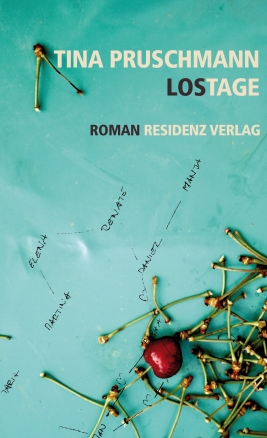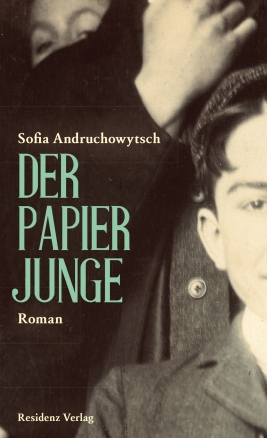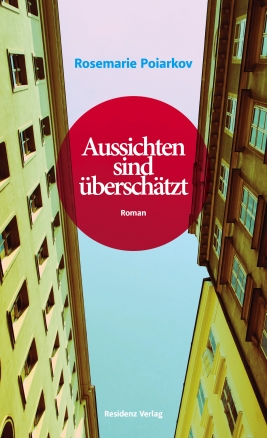Man kann nur hoffen, dass sich die Autorin entschließt, noch weitere Romane zu schreiben. Das Buch ist absolut lesenswert.
[Quelle: Erika Parovsky, WEIBERDIWAN]
Es ist – so viel sei vorab verraten – die Art von Erstlingswerk, die einen wünschen lässt, noch viel aus der Feder dieser Autorin lesen zu dürfen. (…) Vor allem aber beschwört Pruschmann in lyrischer Sprache sinnlich und fast körperlich spürbar Alltägliches herauf und enthüllt, was ihm innewohnt: ebenso oft Grauen wie Magie. (…) Kein Buch wie alle anderen also, sondern ein Erlebnis!
[Quelle: Maike Claußnitzer, ARDEIJA – Streifzüge durch die Literatur]
Das Buch blickt schonungslos auf den Menschen und fordert unausgesprochen auf, das Wesen und Wesentliche des Augenblicks zu erkennen. Sehr besonders und empfehlenswert.
[Quelle: Christine Vornehm, BUCHPROFILE/MEDIENPROFILE]
Ein sehr interessanter Debütroman der ostdeutschen Autorin Tina Pruschmann – empfehlenswert!
[Quelle: bibliotheksnachrichten]
Pruschmann hat keine Angst vor Leerstellen zwischen den Storys. Die Verbindungen entstehen von allein beim Lesen wie Leuchtspuren zwischen den Leben der anderen. Und oft hält sie die Zeit gekonnt in der Schwebe.
[Quelle: Evelyn ter Vehn, LEIPZIGER VOLKSZEITUNG]
Pruschmann Sprache ist mal roh und hart, mal poetisch, sinnlich. (...) Die Wandelbarkeit der Wahrnehmung ist die große Stärke dieses Debüts. (…) Das Buch seziert die Konsequenzen, die das Menschsein mit sich bringt, penibel, so intensiv, wie nur wenige überhaupt fähig sind, es wahrzunehmen.
[Quelle: Christin Odoj, NEUES DEUTSCHLAND]
Die Autorin erzeugt mit nur wenigen Worten plastische Bilder und gibt uns das wunderbare Gefühl für das Schicksalhafte im Alltäglichen zurück.
[Quelle: Martina Freier, EKZ]
Tina Pruschmann hat mit „Lostage“ einen spannenden Debütroman vorgelegt (…).
[Quelle: MOMENTS STEIERMARK]
Es werden menschliche Abgründe sichtbar; es geht um Gewissensbisse, Schuld, Verlust, aber auch um Liebe und Glück.
[Quelle: Sophia Spiller, URBANITE LEIPZIG]
Auch wenn am Ende des Romans einiges nur angedeutet bleibt, wohnt den finalen Szenen doch ein ganz besonderer Zauber inne. Die Protagonisten finden auf ganz unterschiedliche Art zu ihrem Glück, das auch in den kleinen, unscheinbar wirkenden Momenten liegen kann.
[Quelle: Verena Resch, DREHPUNKTKULTUR]
Tina Pruschmann kann ohne Zweifel herausragend gut schreiben. Sie tanzt mit den Wörtern, sie gibt ihnen Befehle, denen die Wörter widerstandslos folgen.
[Quelle: Mareike Fallwickl, BUECHERWURMLOCH.AT]
Der Autorin gelingt es, die Protagonisten mit wenigen Strichen so plastisch zu zeichnen, dass sie deutlich genug vor Augen stehen, um mit ihnen mitzufühlen.
[Quelle: Clara Ehrenwerth, KREUZER LEIPZIG]
Tina Pruschmann kann mit Wörtern intensive Stimmungen heraufbeschwören – zwischen all’ dem Leid, das ihren Figuren widerfährt, begegne ich auch Momenten intensiver Lebensfreude, großer Abgeklärtheit und Weisheit.
[Quelle: Heike Baller, KÖLNER LESELUST]









